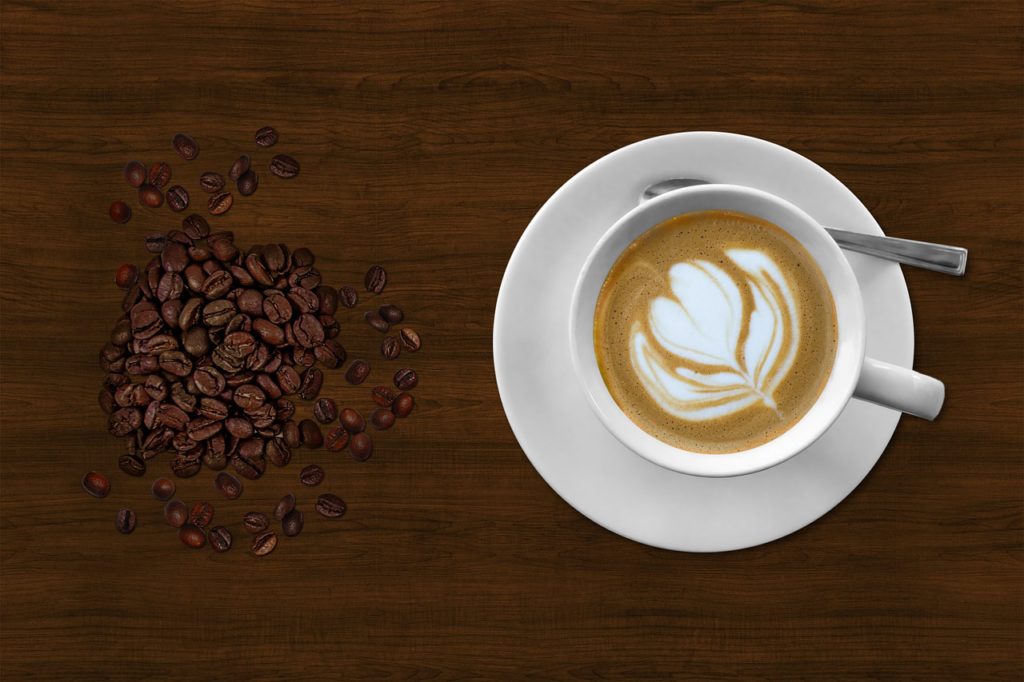By Erin Merkel, news staff
Isabell Geffner scrambles around the stage in a rush. She’s trying to put the finishing touches on her college play, but she’s crippled by a growing headache. She’s missing her saving grace: coffee.
It’s 2 p.m. and withdrawal is kicking in. As a student at Maryland Institute College of Art, Geffner juggles school work, clubs and social life all while sacrificing her sleep schedule. She admitted to getting as little as 45 minutes of sleep some nights.
“There is something really nice about the ritual of drinking coffee in the morning. I hate to be that person who is like, ‘Don’t talk to me before my cup of joe,’” Geffner said.
According to a study at University of Kentucky, over 78 percent of college students drink above the recommended daily dose of four cups. With finals coming up in December, coffee and energy drinks are used like cognitive boosters that students abuse in a mad rush to work late and get up early. Habits like this can have detrimental effects on students’ health, like an increased risk for cancer and dementia, and raise the question if caffeine and all-nighters are worth it.
Danielle Miller is an assistant clinical professor in the department of pharmacy and health systems sciences at Northeastern and a pharmacist. She explained how coffee and energy drinks have a large impact on students’ heart health and adrenaline.
“In the long run, if you drink too much you increase risks of anxiety, a racing heart and jitters,” said Miller. “It’s like when you have a fight or flight response.”
Fred Davis is a biology professor at Northeastern and conducted research on circadian rhythms, which are similar to sleep cycles. Davis is concerned that caffeine dependency will undermine students’ natural body clocks.
“The main thing is that energy drinks and caffeine do not take the place of sleep,” Davis said. “The loss of one night of sleep is equivalent to having blood alcohol levels above the legal limit in terms of reaction time. It can accumulate.”
Miller recommended studying early in the morning rather than cramming late into the night to avoid memory-related issues.
“[Lack of sleep] could potentially affect memory transfer and storage, so you can think you’re studying but that information never gets transferred into your memory,” Miller said.
Caffeine is used to stay awake and complete work, but its effect on sleep cycles and blood sugar can last longer than next-day drowsiness.
“If it leads to chronic inflammation, it contributes to a lot of disease like dementia,” Davis said. “The regulation of [blood sugar] hormones is affected by lack of sleep and can set you down a path of poor metabolic regulation.”
The more caffeine drank, the harder it can be for the body to receive sleep chemicals and fall asleep at night. The body tries to make new receptors to get those chemicals to attach which can lead to an addictive element, Miller said.
Davis believes students can be smart about their intake without cutting coffee entirely.
“A young person is fairly resilient and we’ve all done all-nighters,” Davis said. “It would be better to get a good night sleep rather than cram in one more thing.”









